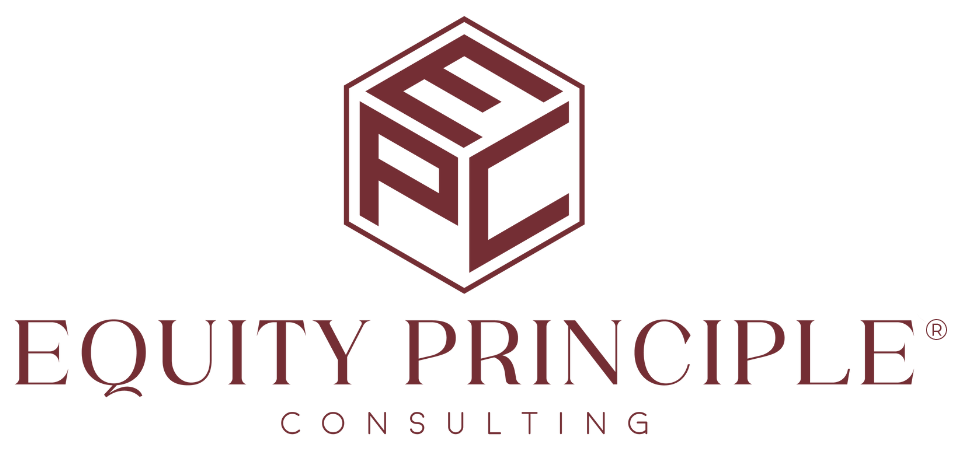Posts Tagged ‘inclusive workplace’
Institutional Neutrality: The Subtle Adversary of Diversity and Equity
Institutional neutrality refers to organizations deliberately choosing not to take a stance on social, political, or cultural issues. Often perceived as a balanced approach, this neutrality can inadvertently uphold inequality and oppression, particularly impacting marginalized groups within these organizations. Neutrality is a conscious decision to avoid alienating any group, distinguishing it from mere inaction. Yet,…
Read MoreThe Uncomfortable Reality of Generational Bias in the Workplace
In our continuous journey toward creating inclusive and equitable workplaces, we often encounter less talked about yet profoundly impactful hurdles. One such hurdle is generational bias—a subtle, sometimes unconscious bias that significantly influences our interactions, decision-making, and workplace policies. Like many examples of bias, generational bias in the workplace isn’t always overt. It’s not just…
Read MoreThe #FutureofWork: Shifting to a 4-day Workweek
In a world where employee burnout is escalating, forward-thinking organizations are spearheading a not-so-new concept to enhance employee well-being: the adoption of a 4-day workweek. This innovative approach is not uniform; it varies from one organization to another. Some opt for a 32-hour schedule spread across four days, whereas others squeeze the traditional 40 hours…
Read MoreFrom Equality to Equity: Creating Genuinely Inclusive Workplaces
In some corporate spaces, a pivotal shift in perspective is underway as forward-thinking leaders move from an equality-based framework to an equity-focused approach to support employees. While traditional thinking presumed that treating all employees equally is the hallmark of fairness, progressive leaders recognize the limitations inherent in this equality-centered view. They are now advocating for…
Read MoreShifting Paradigms: The Critical Leap from Legal Compliance to Genuine Culture Change
As an attorney with over two decades of experience, I have observed that although the law possesses the potential to drive social change, it has often been manipulated as a means to uphold the status quo rather than as an engine for authentic transformation. When talking about Diversity, Equity, and Inclusion (DE&I), this distinction between…
Read More





